Yesterday, Sept. 12, Unity announced new fees that would charge developers up to 20 cents per install of all Unity games from Jan. 1, 2024, once a game had hit 200,000 installs or $200,000 in revenue. A massive backlash ensued, and the company has since attempted to clear up some of the confusion it has caused.
Devs have aired their concerns on social media. Chief among them is how open this system is to abuse. Rather than review bombing, angry players could install, delete, and install ad infinitum to financially harm studios. Unity previously confirmed multiple installs from one player meant multiple charges. It was also feared Unity titles offered on subscription services like Game Pass and PS #+ could also incur huge costs to devs. By Unity’s own definition, “installation and initialization of a game or app on an end user’s device as well as distribution via streaming” counts as an install, so cloud gaming could also be seriously affected.
According to Axios, however, Unity has “regrouped” and attempted to allay some of these fears, but the damage to its reputation has likely already been done. Unity now claims multiple installs by the same player will only be charged once, but one player installing a game across multiple devices will incur one charge per device. Also, for subscription services, “fees are charged to distributors, which in the Game Pass example would be Microsoft.” This could kill the subscription and cloud model.
Under Unity’s new fees, Microsoft could be charged up to $0.20 every time a Unity game is installed via Game Pass or streamed via xCloud. It’s hard to imagine a world where Microsoft just rolls over and accepts responsibility for these fees. It’s safe to assume Sony would be responsible for PS+ installs and streams under this proposed new system, too.
My laptop isn’t great, but I can use xCloud. If I use it for Unity games, however, this could potentially cost Microsoft $1.40 if I stream one once per day for a week. If I stream one every day for a year that’s $73, $13 more than Game Pass charges me per year.
This will also rack up fees for mobile game developers, as many people upgrade their phones every few years, which means constant install charges. Genshin Impact is one of the most popular games in the world, and it’s made with Unity. This change would essentially turn it into a Unity cash cow.
What this does, above all else, is erode developer trust in Unity. If it can attempt to change the rules for every single Unity game with just a few month’s notice, what’s to stop it increasing these charges or changing the rules again in the future? Nothing.
It’s hard to see this as anything other than corporate greed. Unity claims this is being done so it can reinvest in its engine, but when you consider the fact the CEO and other execs sold thousands of shares just a few days before this controversial news was announced and preceded a dip in the trading price, it isn’t a great leap to assume they only care about lining their own pockets.


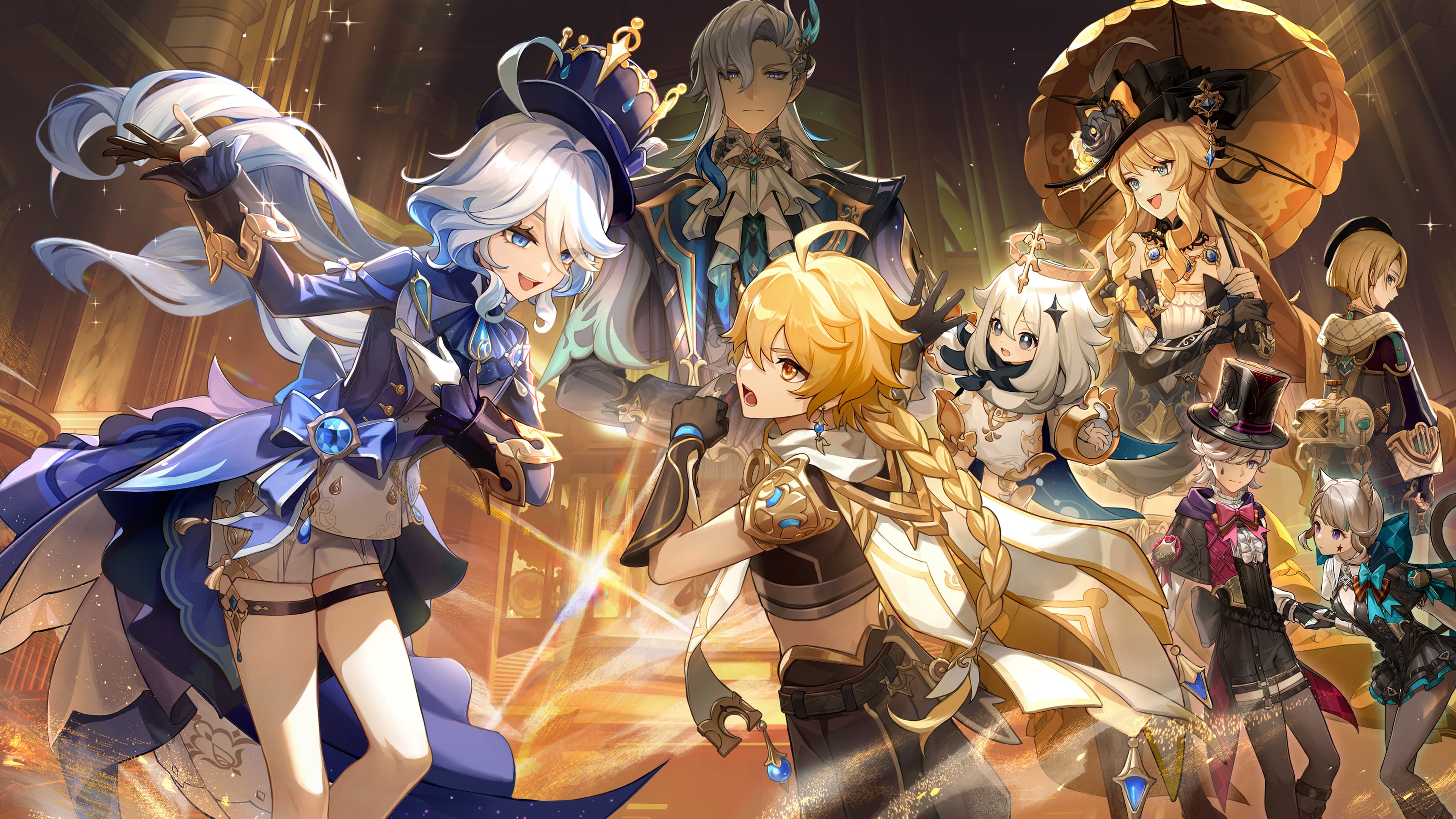
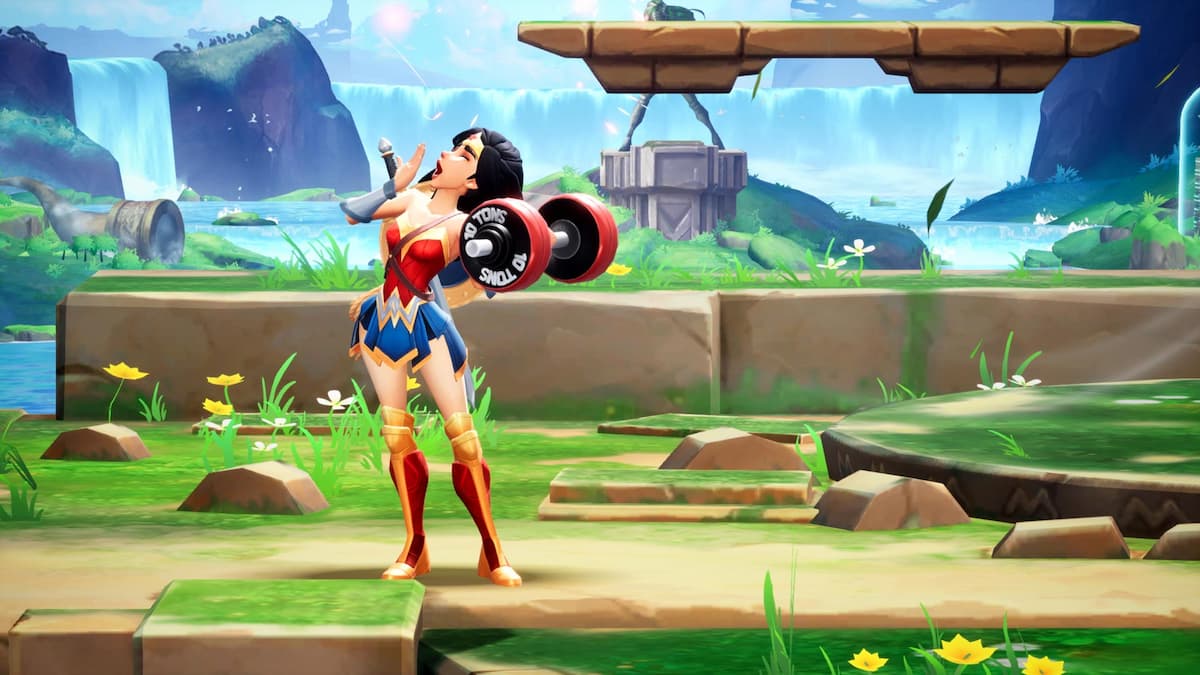



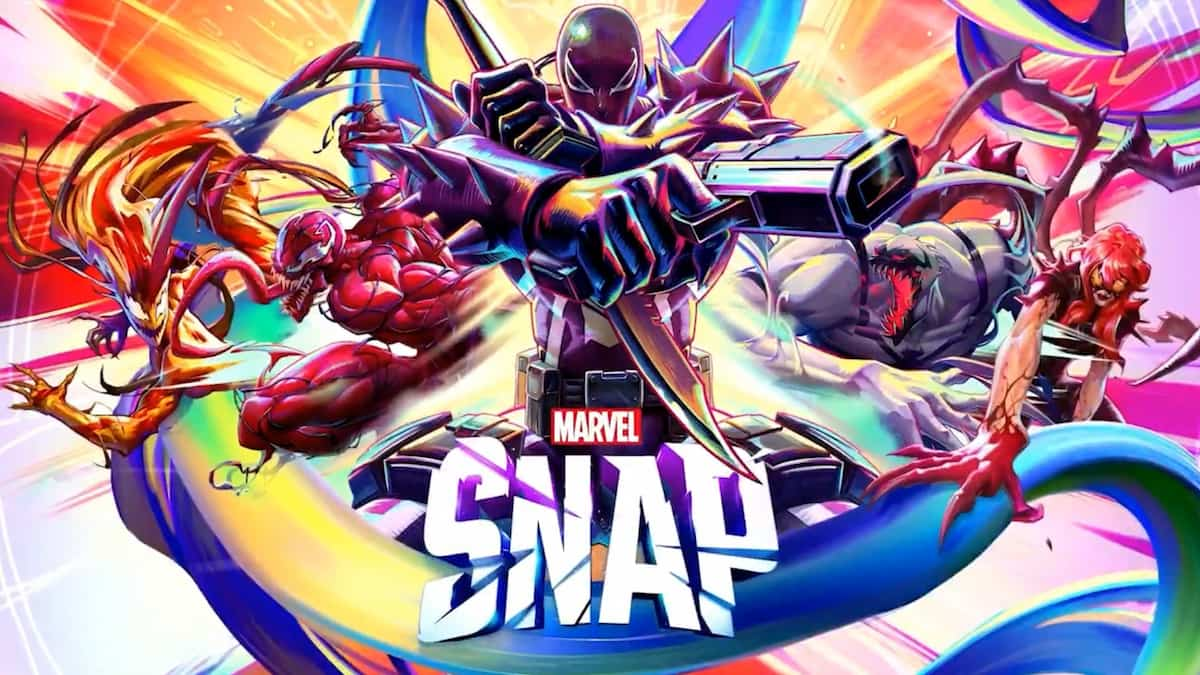
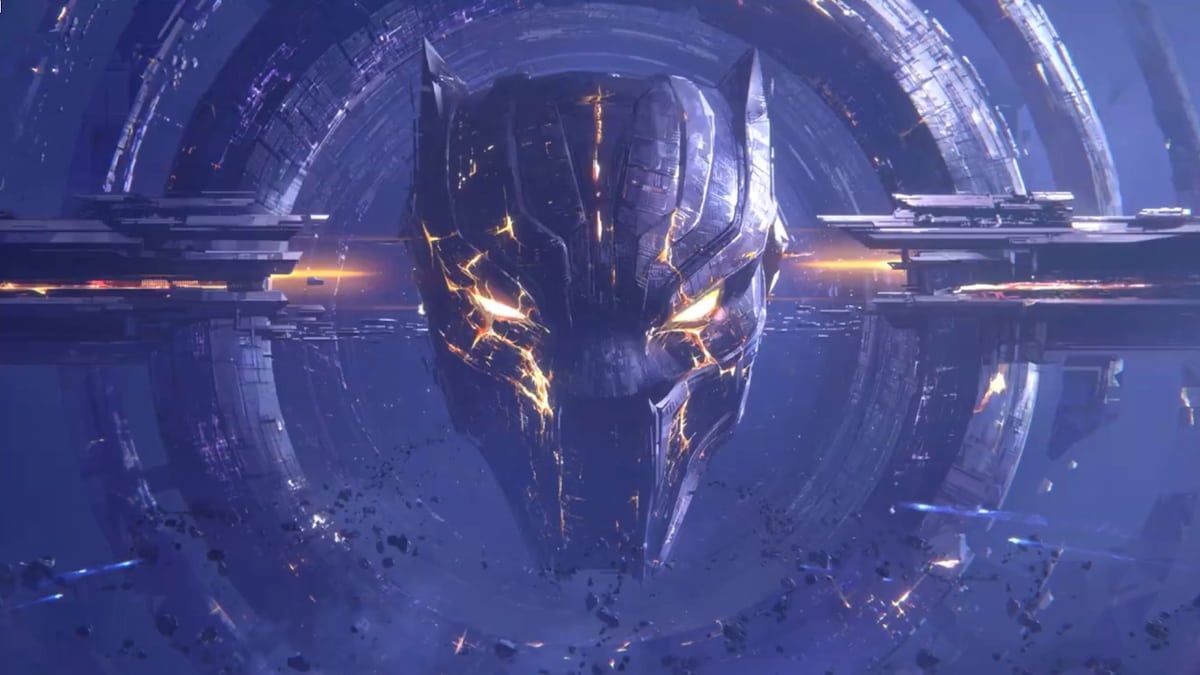
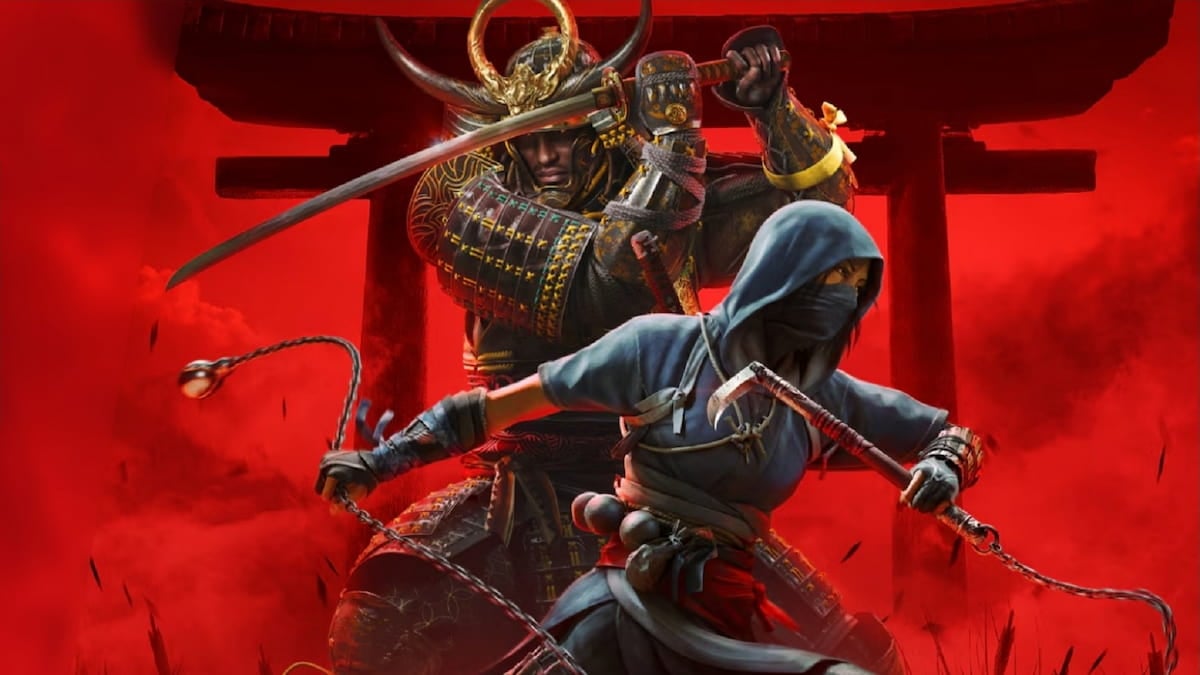
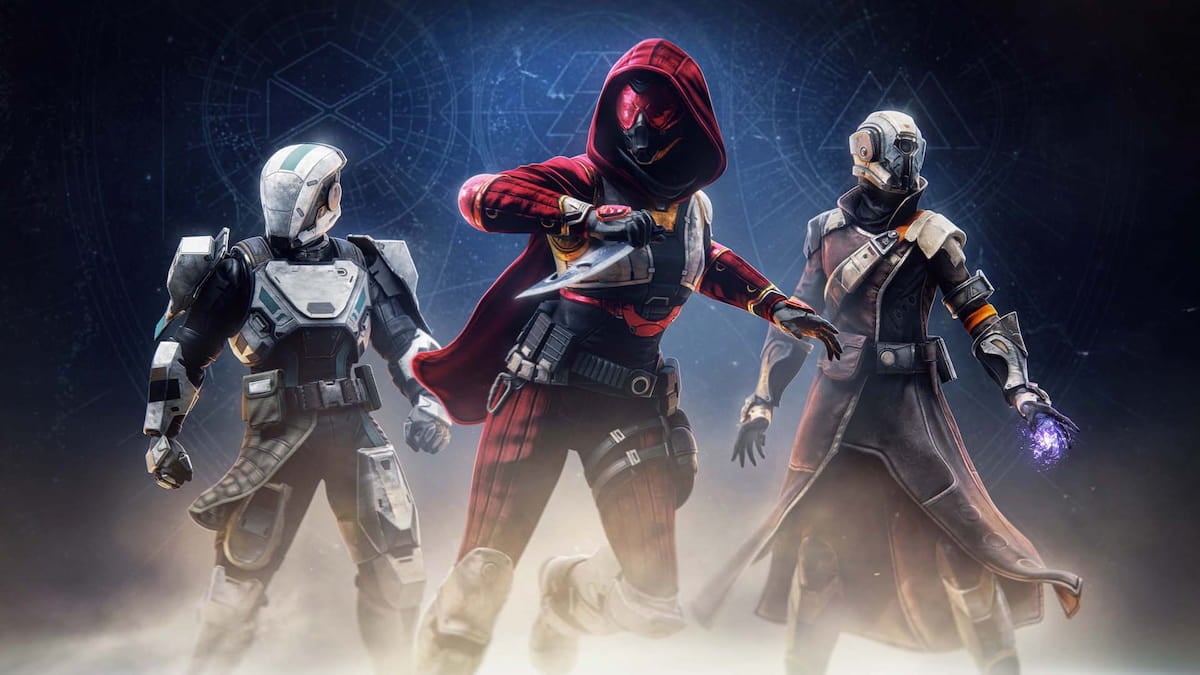


Published: Sep 13, 2023 04:30 am